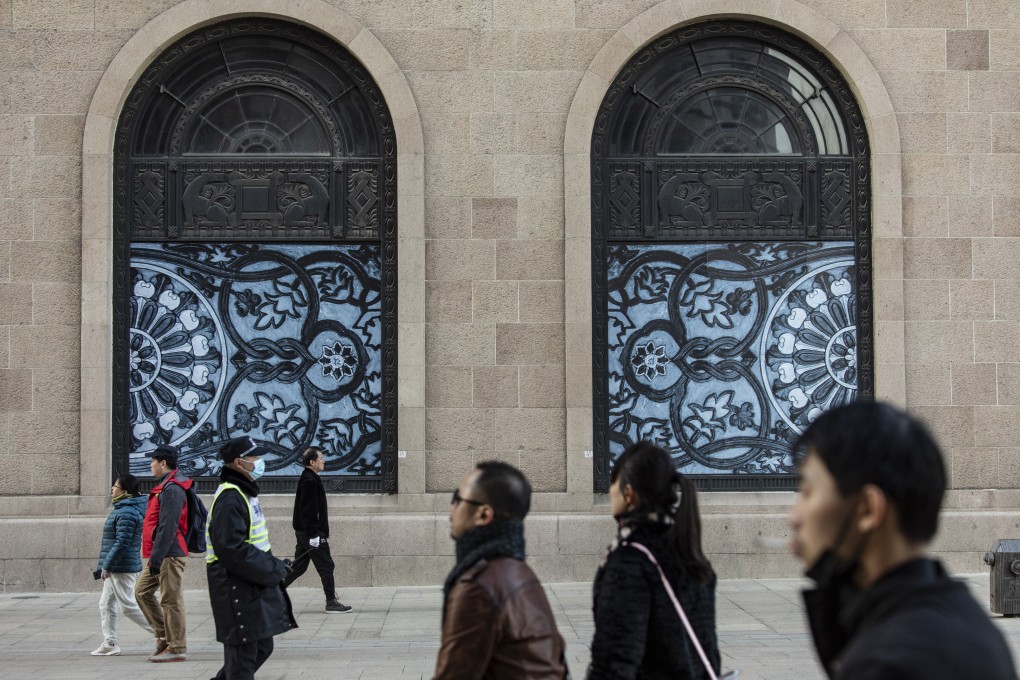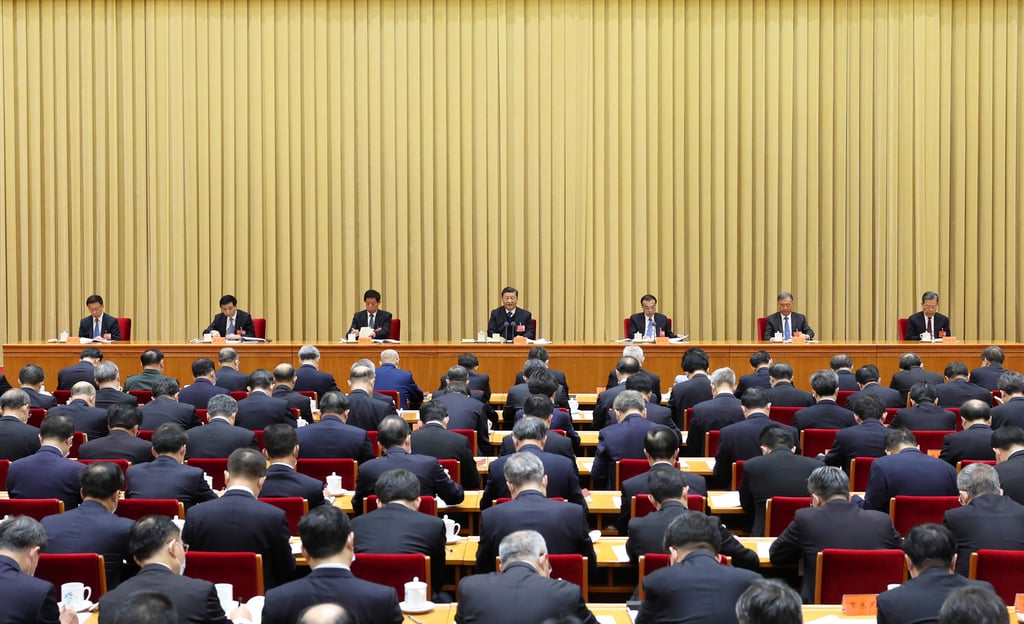Advertisement
The View | Despite rate cuts, aggressive Chinese monetary policy easing is not on the cards
- With a property slump and pandemic-induced weak consumption dragging down the economy, the PBOC has limited room for manoeuvre
- Policymakers will not want to undermine the policy goal of curbing property speculation, and their hands are tied in the face of the zero-Covid policy
Reading Time:3 minutes
Why you can trust SCMP
3

In the last month of 2021, China’s central bank first unexpectedly cut the reserve requirement for deposits and then lowered the benchmark lending rate, which again fuelled speculation that massive easing was imminent.
While this may sound reasonable, given the economic headwinds facing the economy, investors should also be aware that there is limited room for easing in China, which means that aggressive easing is probably not on the cards in the coming year.
Despite continued data weakness, market expectations on policy easing had been largely dispelled before the reserve requirement ratio (RRR) cut in December, with PBOC officers repeatedly stressing that there was no need for such a move.
Advertisement
Nonetheless, the surprising decision on the reserve requirement in December, days after Premier Li Keqiang signalled a cut was in the works, quickly turned around market expectations. And the cut in the loan prime rate only raised hopes for further policy easing.

To be sure, some easing is necessary. The Chinese economy has been softening rapidly since the second quarter of 2021. And, at the Central Economic Work Conference last month, the country’s top leaders acknowledged that downward pressure had intensified and market expectations were deteriorating.
Advertisement
Advertisement
Select Voice
Select Speed
1.00x
